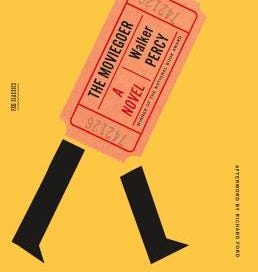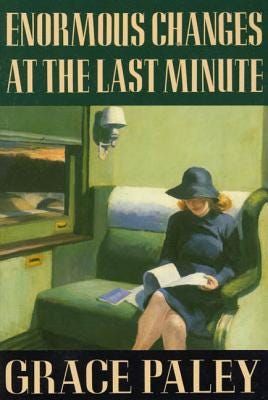Four Books I'm Thankful For
Four Books That Arrived at Just the Right Moment and Profoundly Influenced My Writing
I’m thankful for a lot of things right now: my son is home from college, lots of family will be coming over for Thanksgiving, the turkey is pre-cooked, my mother-in-law is making dessert, my sister-in-law is making the salad, my husband is making the mashed potatoes, and the sun is shining. But since this newsletter is about writing and not about my bas…




